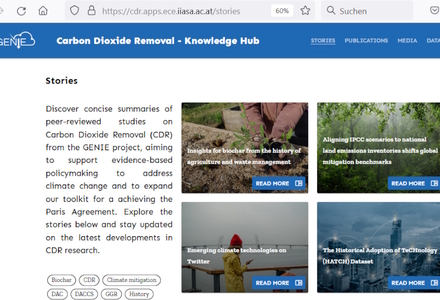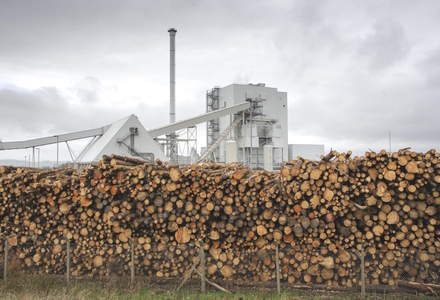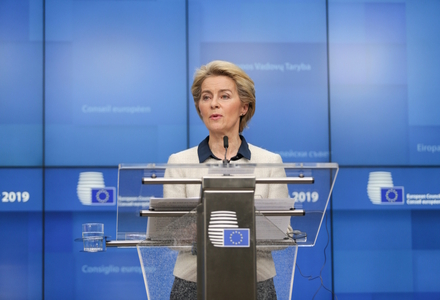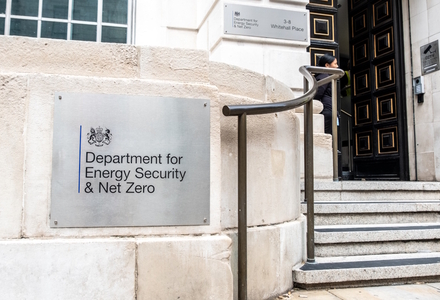A study in the top journal JAERE quantifies welfare losses for employees and recommends that policymakers compensate by subsidising job changes instead of early retirement.
Study shows costs of a hypothetical carbon price path in line with EU climate targets. On average 15 percent of basic rents, large differences depending on the building.
Research team, including MCC Director Ottmar Edenhofer, presents an economically sound governance concept. Key role for a European Carbon Central Bank.
It compiles 22 meta-studies on energy-saving options, complementing supply-side options towards fossil-free energy and energy-efficient production.
The new website provides access to key data sources, supplemented by stories and blogs on research activities. A result of the GENIE project funded by the European Union.
A study in the top journal Science identifies potentials, and warns that the fight against global heating should not ignore problems such as food insecurity and biodiversity loss.
As Chairman of the European Scientific Advisory Board on Climate Change, MCC Director Ottmar Edenhofer presents a big report. Presentation remains available online.
Statement by MCC Director Ottmar Edenhofer at the conclusion of the world climate conference. “Important point of reference, the EU with its Green Deal can be encouraged.”
The free “Carbon Pricing Incidence Calculator”, which MCC presented today at the world climate conference in Dubai, shows the benefits of carbon pricing.
Removing a tonne of CO2 from the air and thus undoing a tonne of emissions? Doesn't quite work, says a study. And provides four objections in view of Earth systems.











![COP28 final session [Translate to EN:]](/fileadmin/_processed_/9/6/csm_231213_COP28_Plenary_Session_COP28-Pike_1000_dfba7d91fb.jpg)



